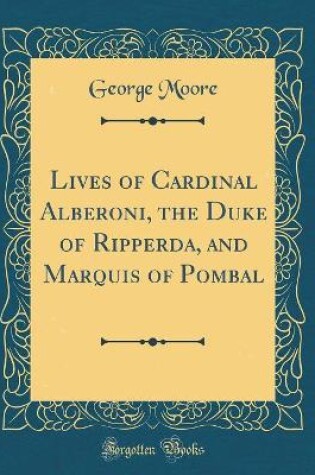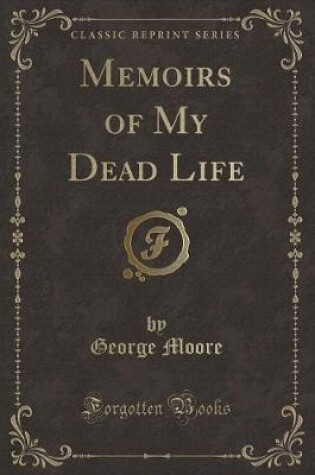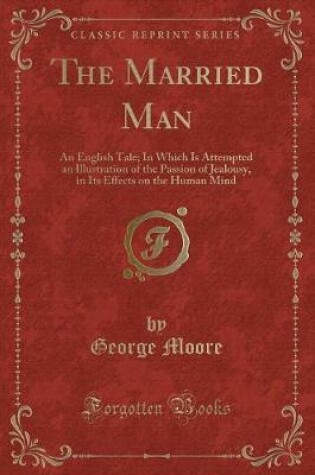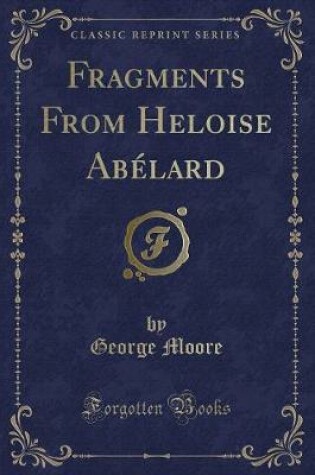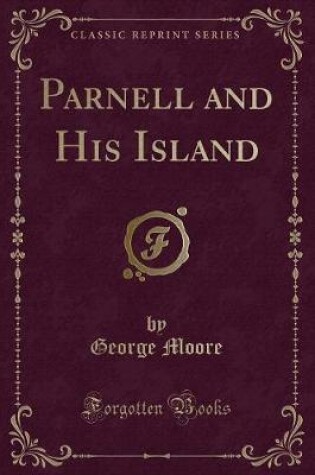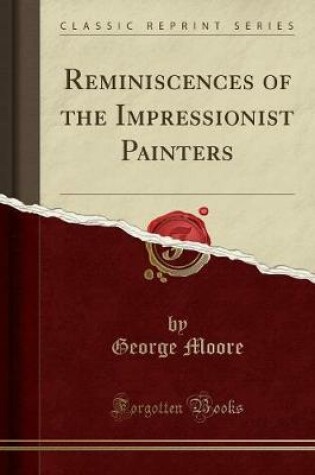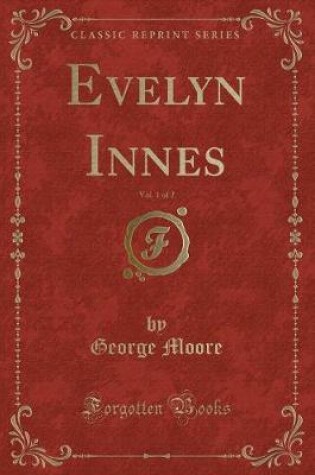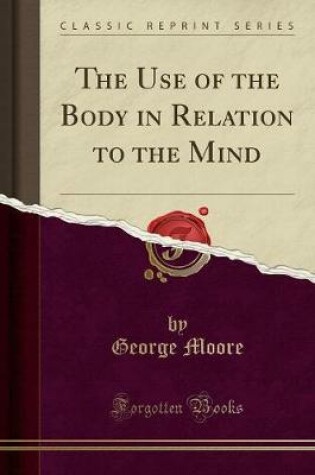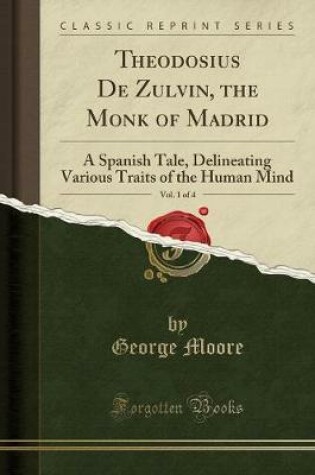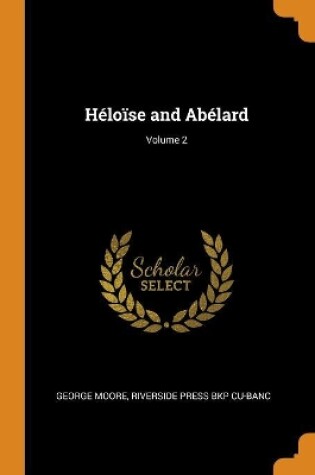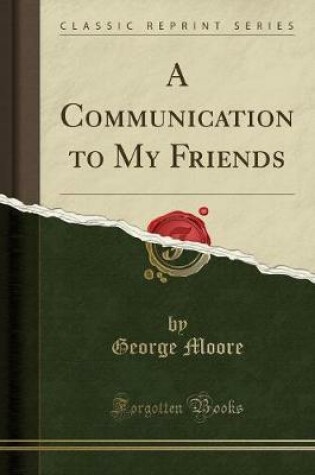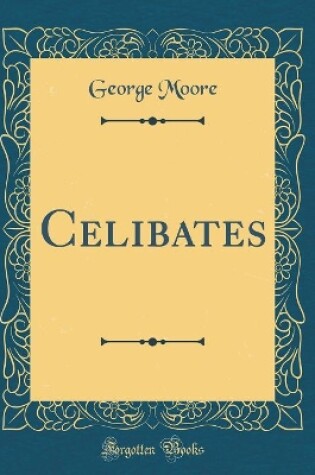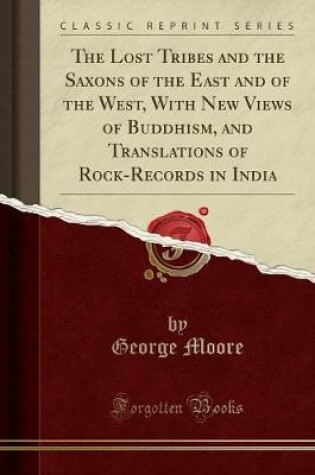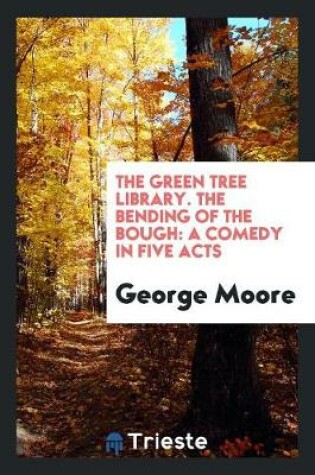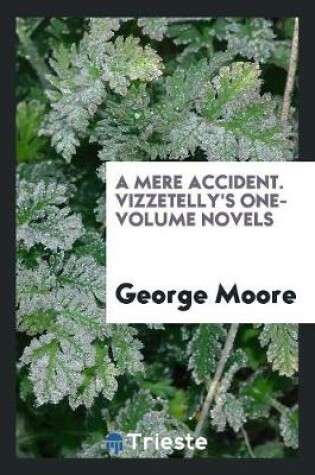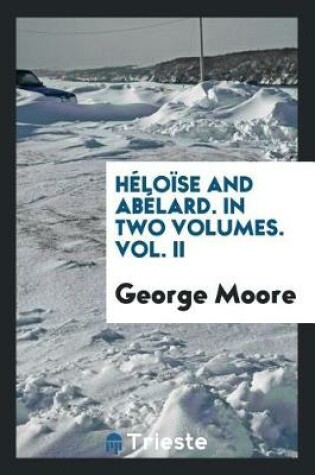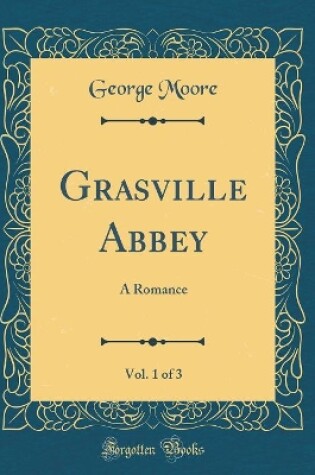George Moore (1852-1933) was an Irish poet, novelist, memoirist, and critic. Born into a prominent Roman Catholic family near Lough Carra, County Mayo, he was raised at his ancestral home of Moore Hall. His father was an Independent MP for Mayo, a founder of the Catholic Defence Association, and a landlord with an estate surpassing fifty square kilometers. As a young man, Moore spent much of his time reading and exploring the outdoors with his brother and friends, including the young Oscar Wilde. In 1867, after several years of poor performance at St. Mary's College, a boarding school near Birmingham, Moore was expelled and sent home. Following his father's death in 1870, Moore moved to Paris to study painting but struggled to find a teacher who would accept him. He met such artists as Pissarro, Degas, Renoir, Monet, Mallarmé, and Zola, the latter of whom would form an indelible influence on Moore's adoption of literary naturalism. After publishing The Flowers of Passion (1877) and Pagan Poems (1881), poetry collections influenced by French symbolism, Moore turned to realism with his debut novel A Modern Lover (1883). As one of the first English language authors to write in the new French style, which openly embraced such subjects as prostitution, lesbianism, and infidelity, Moore attracted controversy from librarians, publishers, and politicians alike. As realism became mainstream, Moore was recognized as a pioneering modernist in England and Ireland, where he returned in 1901. Thereafter, he became an important figure in the Irish Literary Revival alongside such colleagues and collaborators as Edward Martyn, Lady Gregory, and W. B. Yeats.
